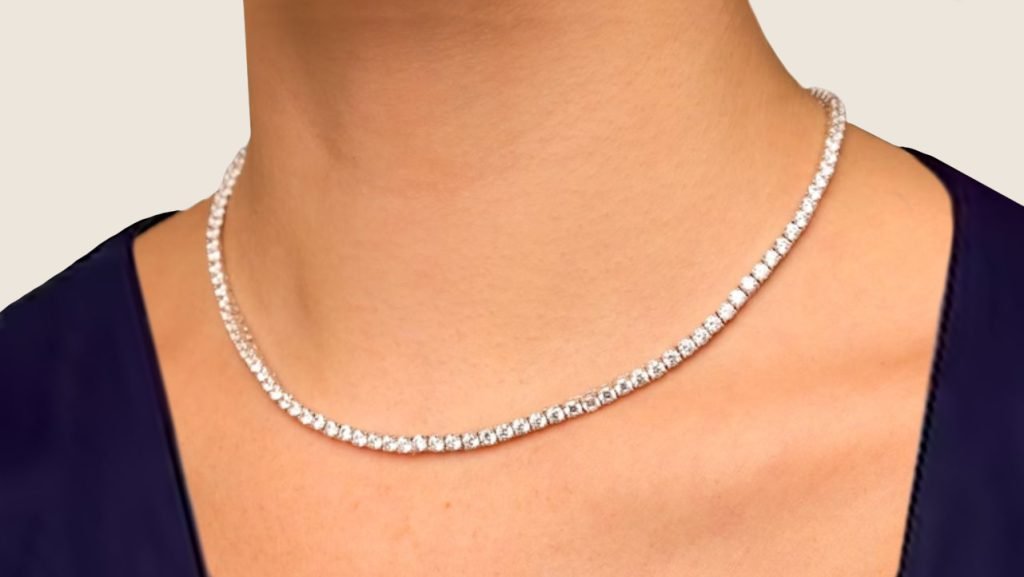Plaintiff insured appealed a judgment of the Superior Court of Riverside County, California, which sustained defendant insurers’ demurrer in the insured’s action against them for improper rescission. The insured brought suit after the insurers denied her homeowner insurance claims and rescinded her policies.
Table of Contents
Overview
The trial court determined that contract damages were not available in a rescission action and that the insured’s claim was barred by the one-year limitations period provided in the insurance contract. The court held that the trial court properly granted the demurrer because the insured could not recover damages under the policies in an action for rescission under Civ. Code, § 1692. The insured’s claim was nothing more than a claim for breach of contract disguised as an action for rescission. In her original and first amended complaints, the insured sued the insurers for breach of contract and other related claims. In her second amended complaint, the insured sued for improper rescission under § 1692. The gravaman of the insured’s complaint was that the insurers breached the contract in failing to pay insurance benefits and rescinding the policies. Because the insured sought to retain the benefits of the contract (i.e., payment of benefits under the policies), the court could construe her complaint as asserting an election to affirm the contract, and an action based on the affirmance of the contract was barred under the contractual limitations period.
Outcome
The court affirmed the trial court’s judgment. A critical undetermined issue presented to labor law lawyer San Diego who as acting as court’s referee was continued for a later motion.
Procedural Posture
Appellant insured sought review of the judgment of the Superior Court of Los Angeles (California), that rendered judgment in favor of respondent insurer holding that appellant suffered no compensable damages as a result of respondent’s refusal to defend him in an underlying action whereby a default judgment was rendered against him.
Overview
Appellant insured was driving his vehicle with his mother-in-law as a passenger. He applied the brakes when he encountered a slow-moving vehicle and his mother-in-law was injured. She sued appellant and he sought a defense from respondent insurer, who refused, based on a policy liability exclusion for resident relatives. Appellant could not afford an attorney and a default judgment was entered against him. He sued respondent insurer for breach of good faith and fair dealing. The trial court entered a judgment for appellant for the amount of the default judgment. The appellate court affirmed as to respondent’s liability but reversed and remanded ordering a determination and award of appellant’s attorney fees. The trial court entered judgment for respondent because appellant had no attorney fees. On appeal, the appellate court remanded and ordered judgment entered for appellant for the full amount of the default judgment which, it held, was the proximate result of respondent’s refusal to defend because appellant could not afford an attorney.
Outcome
The court reversed the judgment of the trial court for respondent which had held that appellant had no compensable damages and directed the trial court to enter judgment for appellant insured for the full amount of the default judgment against him, plus costs, because the default judgment was the proximate result of respondent’s refusal to represent appellant.
















